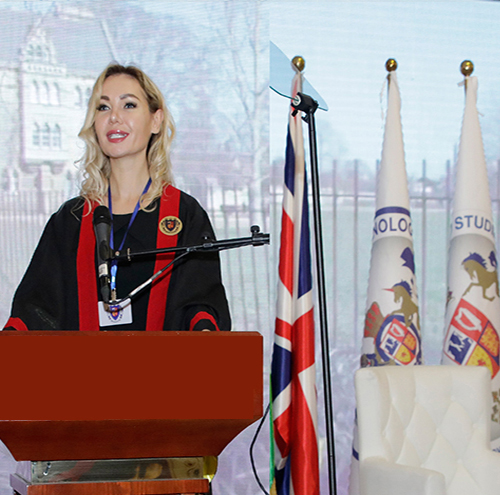Royal College for professional technology group
Third Level Research & Scientific Body: Photo Gallery VIP List of Honor
our work is carried out by a group of PhD graduates and researchers in various disciplines
covering all major scientific subjects including astrophysics and medicine as an alternative
educational system to the United Nations educational programs. (Our Certificates)
Certified Fellowship in Business Management: our fellowship program Is focused on professional business development, also it is designed to support various activities including managerial leadership and training skills for Small, medium and large enterprises.
Application for Honorary Doctorate award:
Businessmen and women can apply directly through our online application, approval is based
on information provided and undergoes a verification procedure in accordance to deans council.
VIP List of Honorary and Professional Doctorate award: Is often conferred as a way of
Honoring Businessmen and women's distinguished contributions to a specific field or to society.
















